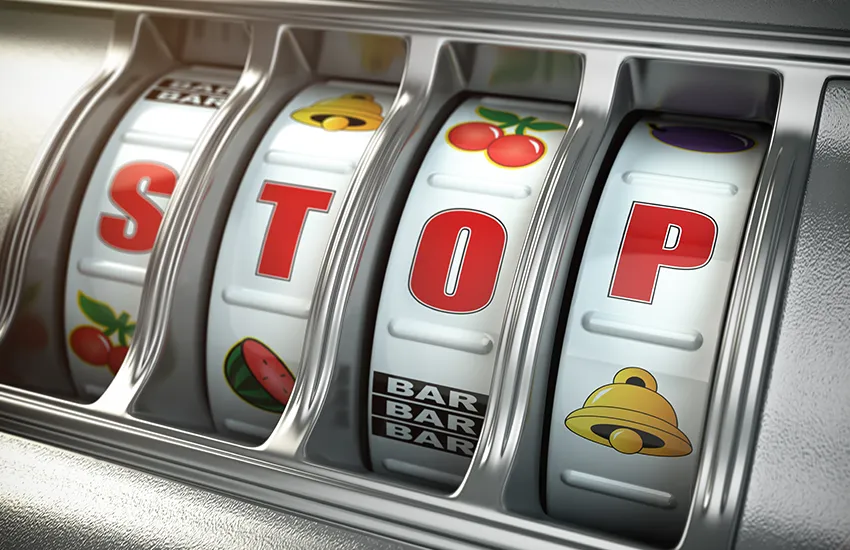Gambling addiction, also known as gambling disorder or compulsive gambling, is a serious and often misunderstood mental health condition that affects millions of people worldwide. While gambling can start innocently enough as a form of entertainment or a way to unwind, for some individuals, it can spiral out of control, leading to devastating consequences for themselves and their loved ones.
Australia has a significant gambling culture, with various forms of gambling readily available, including casinos, electronic gaming machines (pokies), sports betting, and lottery games. According to research conducted by the Australian Gambling Research Centre (AGRC), approximately 0.5-1.4% of the adult population in Australia experience significant gambling problems, with an additional 1.4-2.1% at moderate risk of developing gambling problems.
It’s important to note that gambling addiction, like other forms of addiction, can be challenging to accurately measure due to under-reporting, stigma, and varying definitions of what constitutes problem gambling. Additionally, the impact of gambling addiction extends beyond the individual experiencing the addiction, affecting their families, communities, and society as a whole.
How Gambling Addiction Starts?
Gambling addiction can develop gradually over time, often starting with occasional recreational gambling. Some individuals may be more vulnerable to developing an addiction due to a combination of genetic, biological, psychological, and environmental factors. For example, a family history of addiction, certain personality traits such as impulsivity or sensation-seeking, and exposure to gambling at a young age can increase the risk of developing a gambling problem. Additionally, factors such as stress, loneliness, financial difficulties, and a desire for excitement or escape can contribute to the development of addiction.
There are several reasons why individuals may turn to gambling and develop an addiction. For some, gambling provides a temporary escape from life’s problems and stressors, offering a sense of excitement, thrill, and euphoria. Others may view gambling as a way to socialise or bond with friends, while some may be drawn to the possibility of winning large sums of money and improving their financial situation. However, what begins as a recreational activity can quickly escalate into an uncontrollable compulsion, as individuals chase losses and become trapped in a cycle of gambling behavior.
Impact On Individuals And Their Loved Ones

The impact of gambling addiction extends far beyond the individual struggling with the disorder, affecting their physical, emotional, financial, and social well-being. Individuals with suffering from addiction may experience a range of negative consequences, including:
- Financial Problems: Excessive gambling can lead to significant financial losses, mounting debt, bankruptcy, and even legal issues such as theft or fraud to finance gambling activities.
- Emotional Distress: Gambling can cause feelings of guilt, shame, anxiety, depression, and despair, as individuals struggle to control their impulses and face the consequences of their actions.
- Relationship Strain: Gambling can strain relationships with family members, friends, and romantic partners, leading to conflicts, arguments, betrayal, and breakdowns in trust and communication.
- Health Issues: The stress and anxiety associated with gambling addiction can take a toll on physical health, contributing to sleep disturbances, high blood pressure, digestive problems, substance abuse, and other health issues.
- Social Isolation: As gambling becomes the primary focus of their lives, individuals with gambling addiction may withdraw from social activities, hobbies, and responsibilities, leading to feelings of loneliness and isolation.
Treatment Options For Gambling Addiction

Fortunately, gambling addiction is a treatable condition, and there are various options available for those seeking help. Treatment typically involves a combination of therapy, counselling, support groups, and medication, tailored to the individual’s needs and circumstances. Some common treatment approaches for gambling addiction include:
Cognitive-Behavioral Therapy (CBT): CBT helps individuals identify and challenge negative thought patterns and behaviors associated with gambling, develop coping strategies to manage cravings and triggers, and learn healthier ways to deal with stress and emotions.
Motivational Interviewing (MI): MI is a counseling approach that helps individuals explore their motivations for change, increase their readiness to seek help, and set achievable goals for recovery.
Support Groups: Support groups such as Gamblers Anonymous provide a safe and supportive environment for individuals to share their experiences, receive encouragement and advice from others in similar situations, and stay committed to their recovery journey.
Medication: In some cases, medication such as antidepressants or mood stabilisers may be prescribed to help manage co-occurring mental health conditions such as depression or anxiety that often accompany gambling addiction.
Lifestyle Changes: Making positive lifestyle changes, such as avoiding gambling triggers, finding alternative ways to cope with stress, rebuilding relationships, and participating in enjoyable activities, can support long-term recovery from gambling addiction.
Treatment Options For Gambling Addiction
Fortunately, gambling addiction is a treatable condition, and there are various options available for those seeking help. Treatment typically involves a combination of therapy, counselling, support groups, and medication, tailored to the individual’s needs and circumstances. Some common treatment approaches for gambling addiction include:
- Cognitive-Behavioral Therapy (CBT): CBT helps individuals identify and challenge negative thought patterns and behaviors associated with gambling, develop coping strategies to manage cravings and triggers, and learn healthier ways to deal with stress and emotions.
- Motivational Interviewing (MI): MI is a counseling approach that helps individuals explore their motivations for change, increase their readiness to seek help, and set achievable goals for recovery.
- Support Groups: Support groups such as Gamblers Anonymous provide a safe and supportive environment for individuals to share their experiences, receive encouragement and advice from others in similar situations, and stay committed to their recovery journey.
- Medication: In some cases, medication such as antidepressants or mood stabilisers may be prescribed to help manage co-occurring mental health conditions such as depression or anxiety that often accompany gambling addiction.
- Lifestyle Changes: Making positive lifestyle changes, such as avoiding gambling triggers, finding alternative ways to cope with stress, rebuilding relationships, and participating in enjoyable activities, can support long-term recovery from gambling addiction.
Gambling addiction is a complex and debilitating condition that can have devastating effects on individuals and their loved ones.
Understanding the causes and consequences of gambling addiction is the first step toward seeking help and embarking on the path to recovery. If you or someone you know is struggling, know that help is available. Reach out to a qualified healthcare professional, counselor, or support group for assistance and support on your journey to recovery. Remember, recovery is possible, and you are not alone.
Learn more how NAWA Wellness can you help contact us today!
